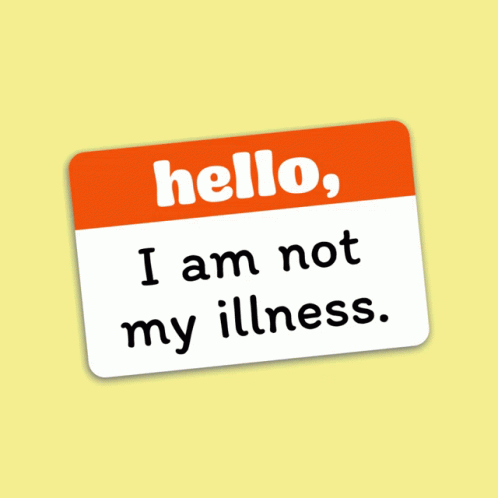How to Manage Anxiety and Stress When Living with a Chronic Illness

Living with a Chronic Disease? You're Not Alone
If you’ve ever felt overwhelmed, frustrated, or anxious while managing a chronic illness, you’re not alone. The mental toll of living with a long-term health condition is just as real as the physical symptoms. From unpredictable flare-ups to the stress of medical appointments, it's completely normal to feel anxious.
But here’s the good news: While you may not have full control over your condition, you do have control over how you respond to it. With the right strategies, you can reduce stress, ease anxiety, and improve your emotional well-being. Let’s dive into practical ways to manage stress when living with a chronic disease.
1. Recognize the Mind-Body Connection
Your mental and physical health are deeply connected. When stress levels rise, your body reacts—muscles tense up, pain may worsen, and fatigue can set in. Understanding this connection is the first step to breaking the cycle.
What You Can Do:
✅ Practice deep breathing: Simple exercises like the 4-7-8 technique (inhale for 4 seconds, hold for 7, exhale for 8) help activate your body’s relaxation response.
✅ Prioritize sleep: Lack of rest can heighten anxiety. Try creating a bedtime routine to improve sleep quality.
✅ Move your body gently: Yoga, stretching, or short walks can help release built-up tension.
2. Challenge Negative Thought Patterns
It’s easy to fall into the trap of “worst-case scenario” thinking when living with a chronic condition. Thoughts like “I’ll never feel better” or “This illness controls my life” can contribute to anxiety.
What You Can Do:
✅ Use cognitive reframing: Instead of saying, “I’m stuck with this forever,” try, “I’m learning how to manage this condition in the best way possible.”
✅ Journal your thoughts: Writing down worries helps you identify patterns and replace negative thinking with more balanced perspectives.
✅ Talk to a therapist: Cognitive Behavioral Therapy (CBT) can be incredibly effective in managing anxiety linked to chronic illness.
3. Set Boundaries and Learn to Say No
Many people with chronic illnesses feel pressured to keep up with life as if nothing has changed. This can lead to burnout and increased stress. It's okay to say no when needed.
What You Can Do:
✅ Communicate your needs: Let friends, family, and colleagues know what you can realistically handle.
✅ Pace yourself: Instead of pushing through exhaustion, schedule rest breaks throughout your day.
✅ Drop the guilt: Prioritizing your health is not selfish—it’s necessary.
4. Build a Strong Support System
Support can make all the difference when managing anxiety and stress. Whether it’s family, friends, or an online community, having people who understand your struggles is invaluable.
What You Can Do:
✅ Join a support group: Many chronic illness communities exist online or face-to-face.
✅ Seek professional support: Therapists specializing in chronic illness can offer guidance tailored to your unique needs.
✅ Stay connected: Even small check-ins with loved ones can provide emotional relief.
5. Focus on What You Can Control
Chronic illness can make life feel unpredictable, but shifting your focus to what’s within your control helps build resilience.
What You Can Do:
✅ Set small, achievable goals: Whether it’s meal prepping, stretching for 5 minutes, or scheduling self-care time, small wins add up.
✅ Practice gratitude: Keeping a gratitude journal can help shift focus away from limitations and toward positive aspects of life.
✅ Take things one day at a time: Anxiety often stems from worrying about the future. Staying present can ease that bu
When to Seek Professional Help
If stress and anxiety start interfering with your daily life—affecting sleep, relationships, or overall well-being—it may be time to seek help. Therapists, counselors, and even support groups can provide practical tools to manage emotions effectively.
Remember, you are not your illness. You deserve support, care, and strategies that help you feel more in control.
Final Thoughts
Living with a chronic condition isn’t easy, but managing stress and anxiety is possible. By focusing on mindfulness, challenging negative thoughts, setting boundaries, seeking support, and controlling what you can, you can improve both your mental and physical well-being.
You’re stronger than you think, and every small step toward self-care is a victory worth celebrating.